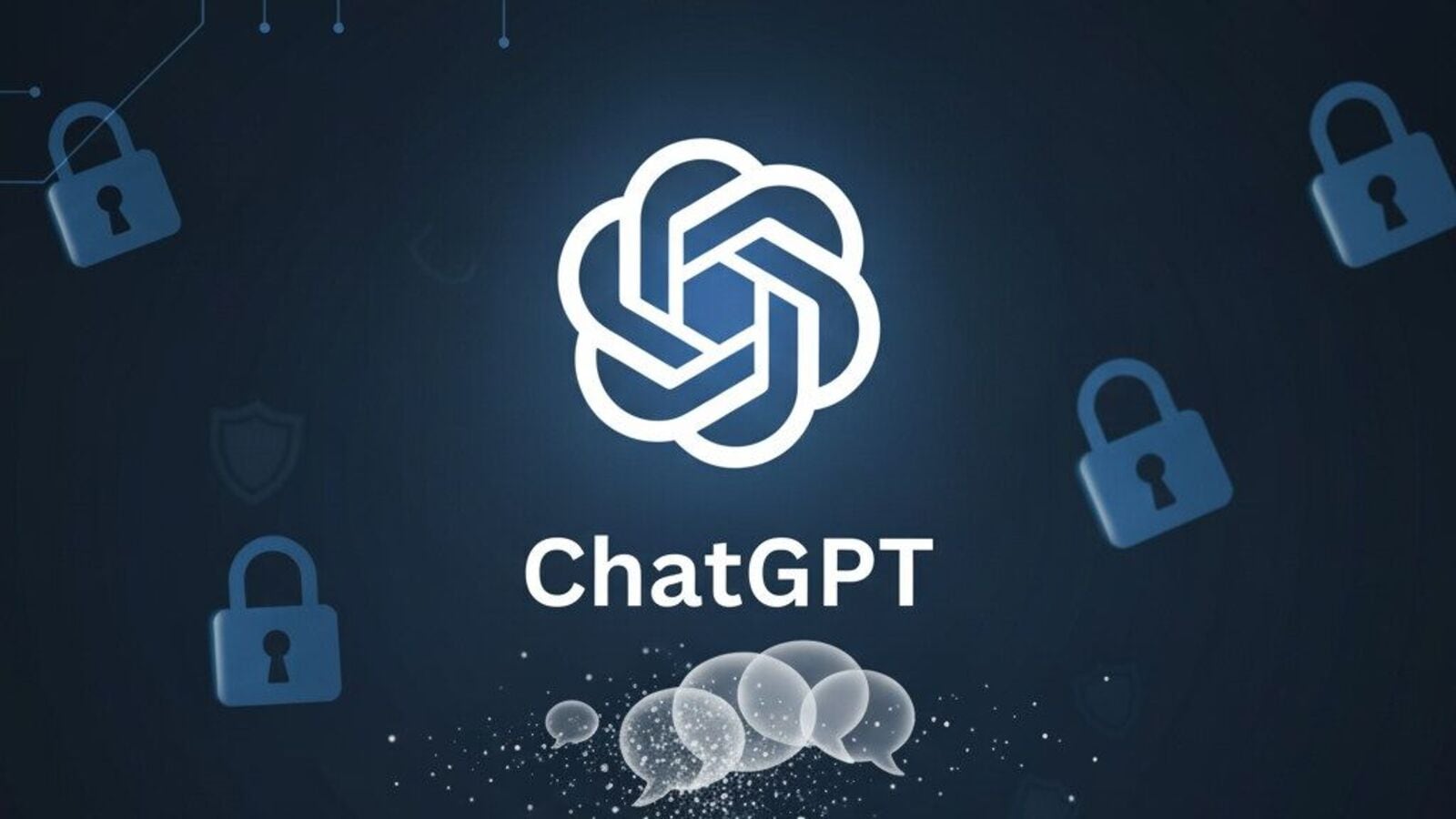OpenAI can stop saving all the conversations that users have with ChatGPT after a new court order. Notably, the AI startup had saved all conversations with its chatbot under obligation from a ‘preservation order’ in the lawsuit filed by the New York Times among other news publishers.
A new order passed by US Magistrate Judge Ona Wang, reported by Ars Technica, approved a joint motion from OpenAI and the news organizations to terminate the preservation order.
This means that OpenAI will no longer need to “preserve and segregate all output log data that would otherwise be deleted on a going forward basis.”
The news organizations would continue to have access to all the temporary and even deleted chats that were saved under the preservation order until September 26th.
Moreover, OpenAI will also reportedly keep monitoring some ChatGPT accounts and save deleted and temporary chats of any user who has been flagged by the news organizations after they began looking through the data.
OpenAI vs news organizations: What happened so far?
In December 2023, the New York Times and other news publications had filed a case against OpenAI and its biggest backer, Microsoft, alleging that they used its copyrighted material to train their AI models.
OpenAI tried to fight what it had termed the NYT’s attempt at ‘mass surveillance’ of ChatGPT user data and raised privacy concerns, but it could not convince the court to keep user data private.
A US Magistrate Judge ordered OpenAI to retain all ChatGPT conversations indefinitely, including normal, temporary, and deleted chats.
The Times argued that these logs would prove that ChatGPT was trained on its copyrighted articles, with the output from the AI being verbatim or near verbatim an excerpt from its content.
In reaction to the copyright complaints by the news organizations, OpenAI has often cited the ‘fair use’ doctrine, claiming that it is entitled to use limited, unlicensed use of copyrighted material for research and commentary purposes.

